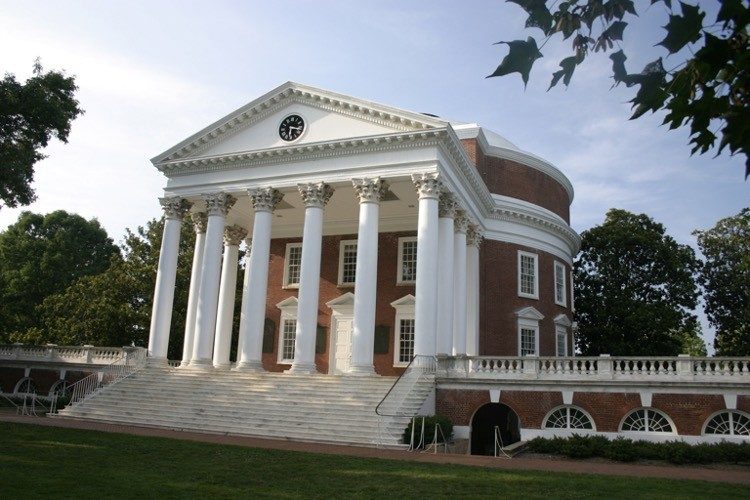
Students at the University of Virginia will be required to be vaccinated against COVID-19 to attend, live, or work on campus this fall. Unvaccinated students will not be permitted on campus unless they receive an exemption for religious or health reasons.
Last Thursday, administrators sent out an e-mail stating that this measure is meant to allow life to return to normal. “This approach will enable our students to return to a residential academic setting where they can live, study, and gather together safely.” UVA President Jim Ryan signed the message, along with Provost Liz Magill, Chief Operating Officer J.J. Davis, and Executive Vice President for Health Affairs Dr. K. Craig Kent.
This news comes as COVID cases are down in all 50 states, and vaccine side effects continue to be reported, especially in women. The CDC reported that just over two-thirds of adverse reactions reported in the first month of administering the vaccine were reported in females. In addition, another study revealed that 15 out of 16 patients who experienced acute allergic reactions to mRNA COVID-19 vaccines were women.
Whether or not UVA will allow female students an exemption based on these findings has yet to be seen, but it is definitely information that needs to be shared, examined, and considered if the college is truly concerned about the health and well-being of all students. The female body seems to be more vulnerable to vaccine injury involving the COVID-19 shot. Forcing females to choose between risking health complications from a vaccine that is not fully FDA approved and their education goes contrary to current civil-rights standards regarding equal access.
What’s more, while students and student workers are required to be vaccinated, employees of UVA are only being “strongly encouraged” to get the COVID shot; they are not required to do so. This is a curious decision, considering that the staff of an institute of higher learning ought to be leading by example. Allowing this double-standard may cause students to question the validity of the policy. It also suggests that the vaccines may not really be necessary, and could pave the way for legal challenges to vaccine requirements.
Whatever the case may be, proof of vaccination must be registered no later than July 1. How students and parents proceed will set a precedent for the University of Virginia, the state, and other schools making similar requirements, such as New Jersey’s Rutgers University.



